Stepping away from the traditional university setting, an autumn school on the scenic North Sea coast offered us an immersive experience where interdisciplinary learning met the natural world, bringing sustainability concepts to life in ways the classroom never could.
Imagine swapping your usual campus lecture hall for the fresh, breezy coastline of the North Sea—this was the setting for the “Change for Sustainability” autumn school in Carolinensiel! For a week, I joined students from diverse backgrounds and universities to dive into plant-based projects that tackled real-world sustainability challenges. The mix of agriculture, biology, economy, social sciences, and tech created such a fun, hands-on approach to solving environmental issues. We worked, learned, cooked, ate, slept, and even partied together—there was never a dull moment, just like a good old school trip!
The Wadden Sea is an invaluable natural landscape and heritage that we have the duty to protect.
Dr. Gregor Scheiffarth from the Nationalparkverwaltung Niedersächsisches Wattenmeer (translated from German)
Working in small groups of mixed academic backgrounds, we managed to pull together a range of creative ideas, despite the limited time. We learned a lot about our different working styles based on professional training but also personal preferences, and how we can best complement each other to work as a team.
The rather secluded setting also helped us step back and look at things from fresh perspectives, and getting to know my peers both in and outside of formal sessions made the experience even more enjoyable.
One of the week’s highlights for me was definitely the bird walk! I had never gone on one before, but now that I have, I totally understand why people from everywhere come here for vacation and bird watching.
The walk was a great example of how the week offered a refreshing blend of practical and theoretical learning. As the focus was on local bird species, it made visible to us the delicate balance of the local ecosystems and highlighted the importance of connecting with nature directly rather than learning solely from theories. Seeing the hundreds, if not thousands birds on the coast was absolutely amazing! I was also incredibly impressed by how our guest—Dr. Gregor Scheiffarth from the Nationalparkverwaltung Niedersächsisches Wattenmeer was a living open encyclopedia for all our queries and curiosity.
Meanwhile, the structured presentations from students, professors, and Gregor gave us a broader understanding of plant breeding, genetics, and the ecological and international significance of the region. In addition, the interviews we had with industry experts from different sides of the debate around the ethics of genetic modification broadened our horizon with thought-provoking insights and shed light on our responsibility as future researchers.
Last but not least, doing experiments in the lab wasn’t just fun and a great refresher for my rusty biology skills; it also reminded me of my favorite part of school: hands-on learning!
Overall, I’m wholeheartedly thankful to have been part of this autumn school, for it has brought me an abundance of knowledge through a fresh and interactive take on sustainability. It was a week well spent—filled with nature, learning, and an inspiring blend of disciplines, all against the beautiful North Sea backdrop.
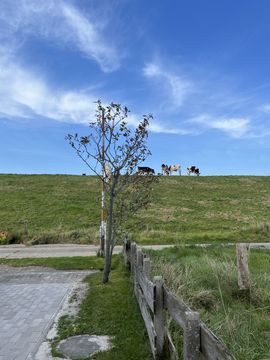
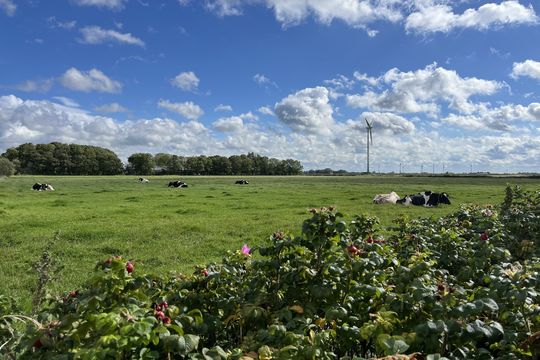
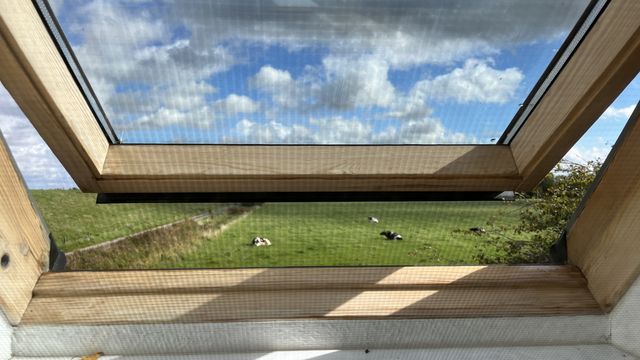
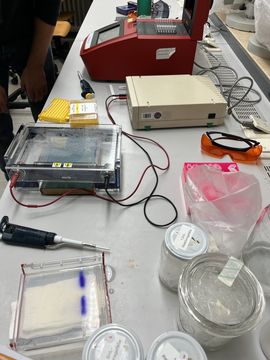
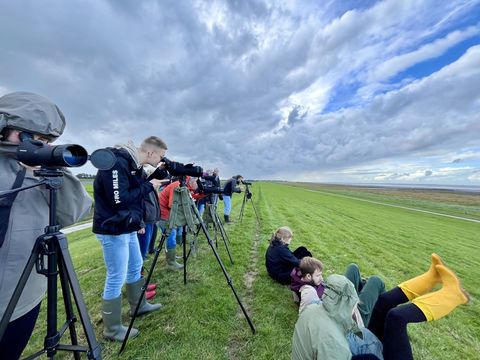
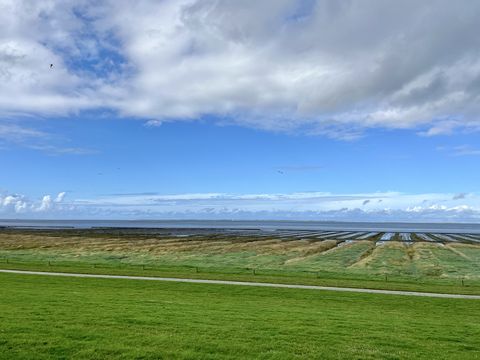
I'll like to get job please help me for it.